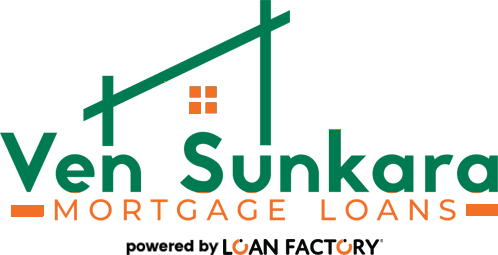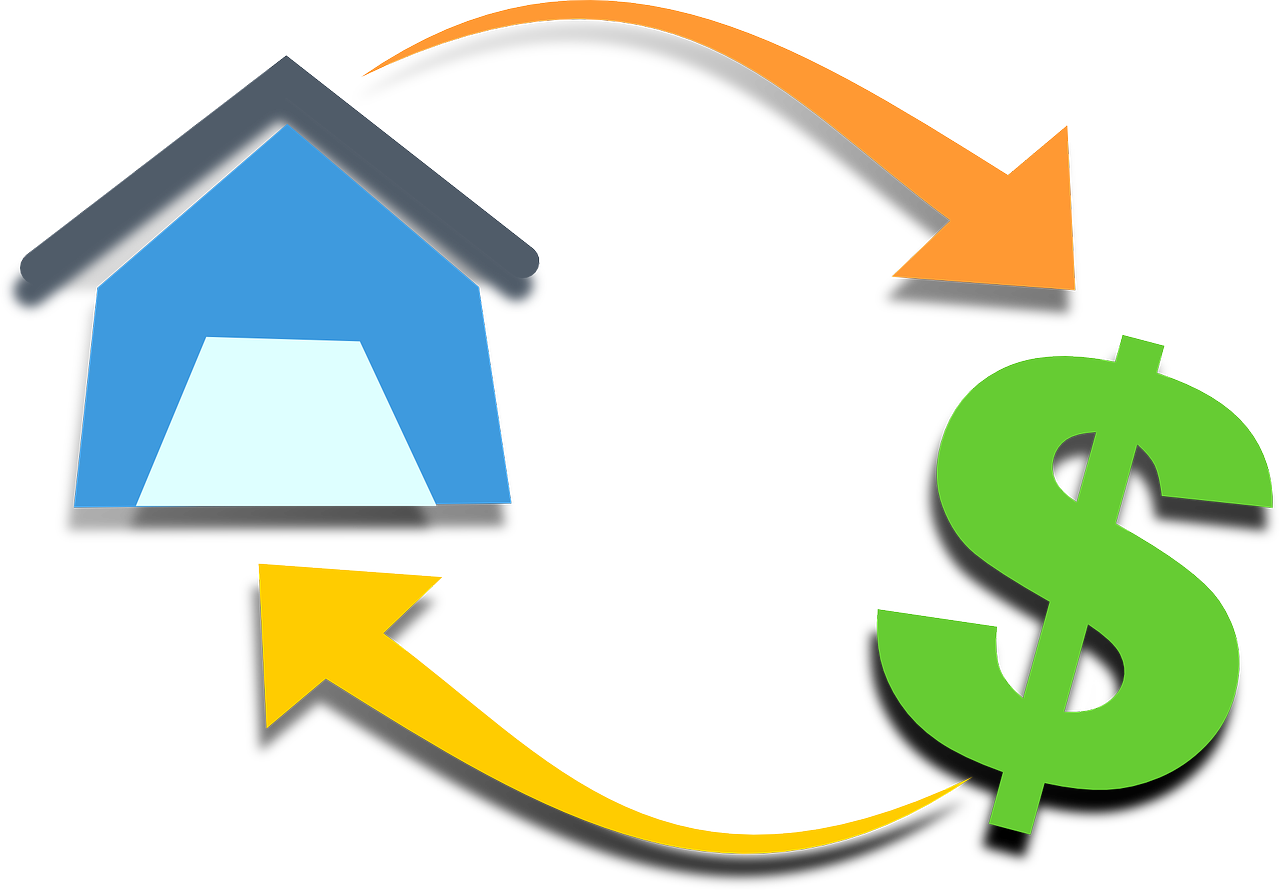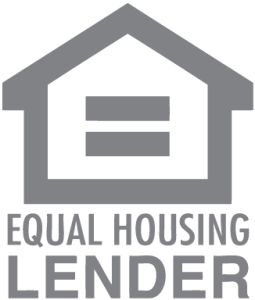Unlock Your Real Estate Potential By Securing Investment Property Loan
An investment property loan refers to a type of home loan that is used to purchase a property with the intention of generating income. This can involve buying a property to rent out and earn rental income or to renovate and resell for a profit, also known as house flipping. Additionally, there are short-term hard money investor loans available that can be used to purchase properties that you plan to quickly repair and sell.

Investment property loan options
There are several programs to choose from when you’re purchasing investment homes.
- Conventional loans. The only standard loan program that allows you to buy an investment property with no strings attached is the conventional loan program. Unlike with government-backed mortgages, you don’t have to live in the property to qualify.
- FHA loans. You can buy a two- to four-unit home with a mortgage backed by the Federal Housing Administration (FHA) and collect rent on the other units to qualify, as long as you live in one of the units for at least 12 months.
- VA joint loans. This VA multifamily loan program is exclusively for eligible military borrowers. It allows them to buy a property with up to seven units, as long as they live in one of the units. The U.S. Department of Veterans Affairs (VA) guarantees these loans with no down payment requirement.
- Non-QM loans. Borrowers that don’t qualify for any of the programs above may be eligible for a nonqualified mortgage (non-QM) loan based exclusively on the rental income received on the home they’re buying. The down payment requirement and interest rates are higher than with regular loan programs.
- Owner financing. Sometimes sellers are willing to act as a lender and provide temporary financing so you can purchase the home in exchange for a large nonrefundable down payment. Some owner financing arrangements include a balloon payment, which means you’ll have to pay off the entire loan balance within a set period, or the owner takes back the property.
- Home equity loan. If you currently own a home with a good chunk of equity, you can borrow against the equity with a home equity loan or a home equity line of credit (HELOC). With home equity loans and HELOCs, you borrow a portion of your equity and leave your current mortgage loan in place. A home equity loan is paid in a lump sum with a fixed rate, while a HELOC works more like a credit card that you can use and pay off for a set time.
- Cash-out refinance. A cash-out refinance is when you take out a mortgage for more than you owe and pocket the difference in cash, which can be used to purchase an investment property.
- Hard money loans. These loans are more common for flipping investors — hard money investors are willing to lend you money knowing you’ll pay it off quickly. However, you’ll often need at least a 25% down payment and will pay high rates and upfront points. And it’s not uncommon for there to be a prepayment penalty.
Some Lenders We Work With
We have over 200 lenders ready to work with you to close the deal
Let’s Make Things Happen
Would you like a personalized quote for your mortgage? Rates are subject to daily changes and are tailored to your specific circumstances. Contact us for a complimentary quote.
“I am extremely satisfied with my recent refinance experience. The process was straightforward and uncomplicated, without any unnecessary costs or complications. Compared to other lenders I contacted, my closing costs were significantly lower, almost half the amount. Overall, it was one of the smoothest transactions I have ever had.”



 This is not an offer to enter into an agreement. Not all customers will qualify. Information, rates and programs are subject to change without notice. All products are subject to credit and property approval. Other restrictions and limitations may apply.
This is not an offer to enter into an agreement. Not all customers will qualify. Information, rates and programs are subject to change without notice. All products are subject to credit and property approval. Other restrictions and limitations may apply.